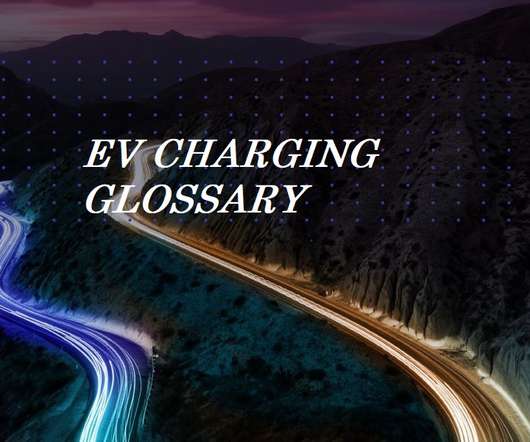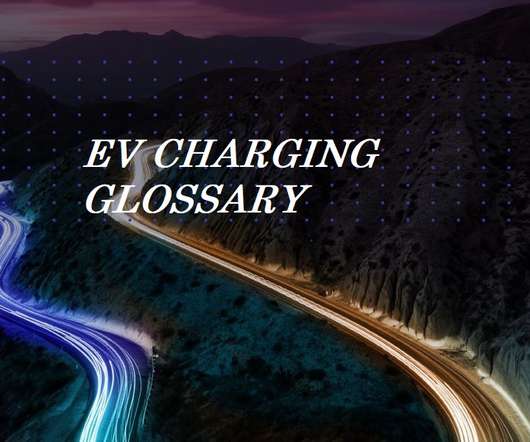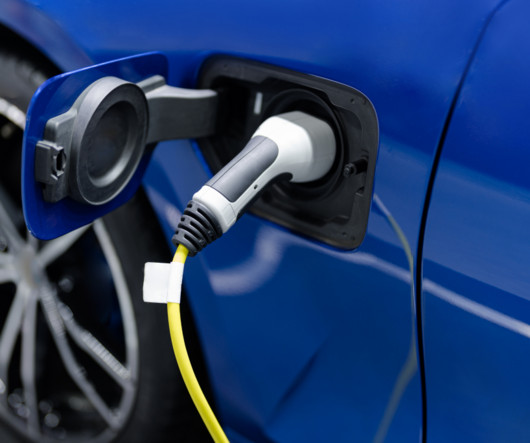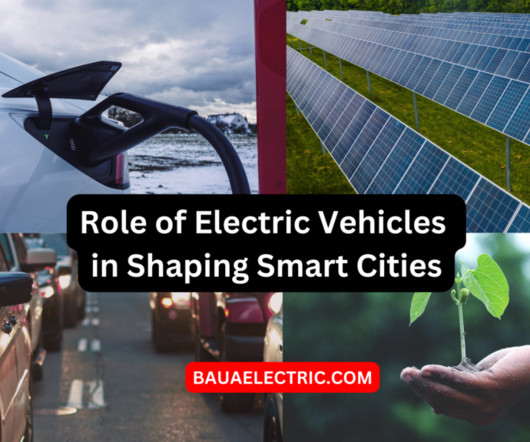What is Electrification of Transportation?
Driivz
MARCH 1, 2022
For the transportation sector, electrification means replacing fossil fuels with electricity as the means of powering light-duty vehicles, medium- and heavy-duty trucks, and buses. Globally, the transportation sector contributes about 25% of all CO2 emissions. Other advantages of electrification of transportation.












Let's personalize your content